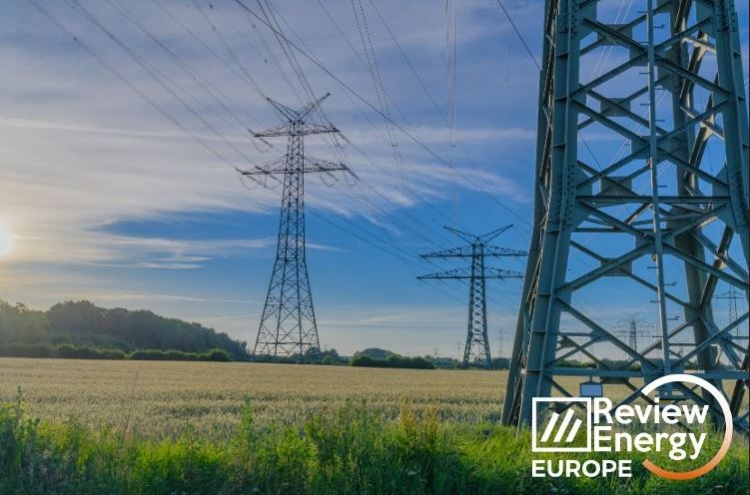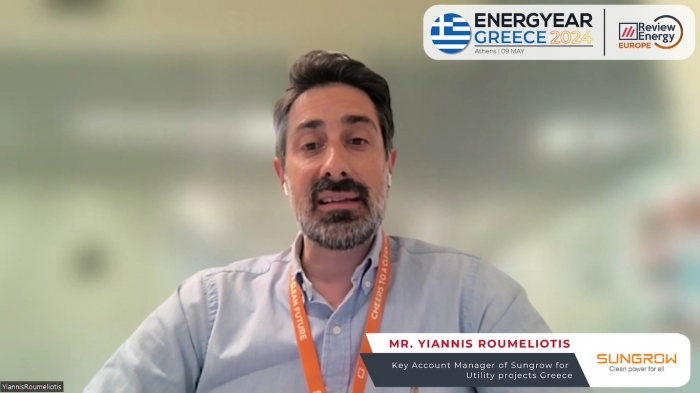
Renewables supply 90% of Portugal's electricity in the early months
During the initial four months of the year, renewable energy sources in Portugal provided 90% of electrical energy consumption, distributed among hydroelectric power (48%), wind power (30%), photovoltaic power (7%), and biomass (6%). Meanwhile, natural gas production accounted for 9% of consumption, while the net balance of energy exchanges with foreign nations was nearly negligible.
Nearly reaching the milestone achieved in May 1978
Renewables accounted for 94,9% of consumption in April, approaching the 95,4% milestone achieved in May 1978. This marks the fourth straight month with values surpassing 80%, following percentages of 91% in March, 88% in February and 81% in January. Moreover, April saw a 3,4% increase in consumption, rising by 0,2% after adjusting for temperature and the number of working days.
Hydroelectric producibility
In April, the hydroelectric producibility index rose to 1,49, wind to 1,08, and solar to 1,01 (all compared to historical averages of 1). Although the solar component holds the smallest share of the three, its growth remains notable, with peak outputs exceeding 2100 MW. April marked a record high for solar energy contribution, comprising 10,5% of consumption.
Decreasing natural gas consumption
Regarding the segment of electricity production utilizing natural gas, influenced by the ample availability of renewable energy, it maintains a trend of decreasing consumption, marking an 86% year-on-year monthly decline. Conversely, the conventional segment experienced a positive year-on-year increase, nearing 5%. The national system's supply continues to rely predominantly on the Sines LNG terminal.
By the end of April, the annual accumulated gas consumption displayed a negative year-on-year variation of 12%, with a 50% contraction in the electricity production segment and a 5,6% growth in the conventional segment. This period recorded the lowest consumption since 2004.








Comentarios
Sé el primero en comentar...